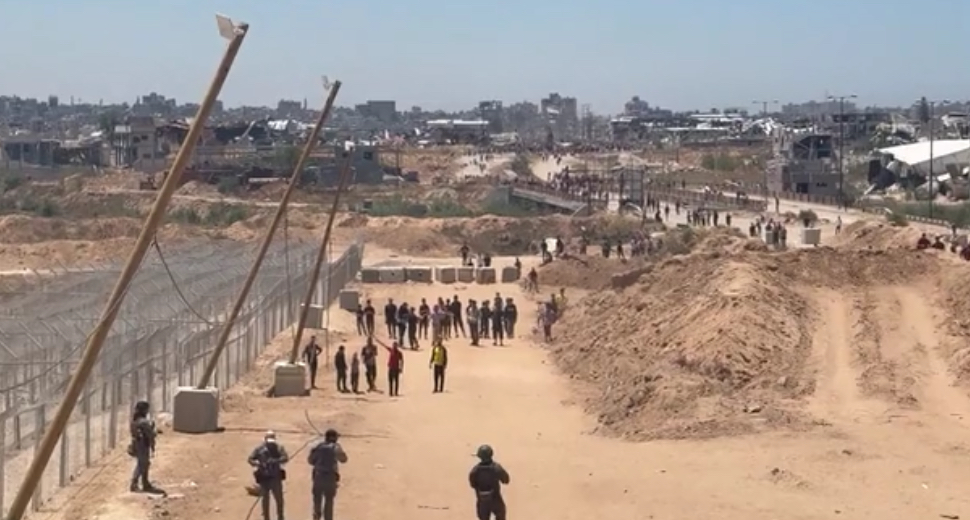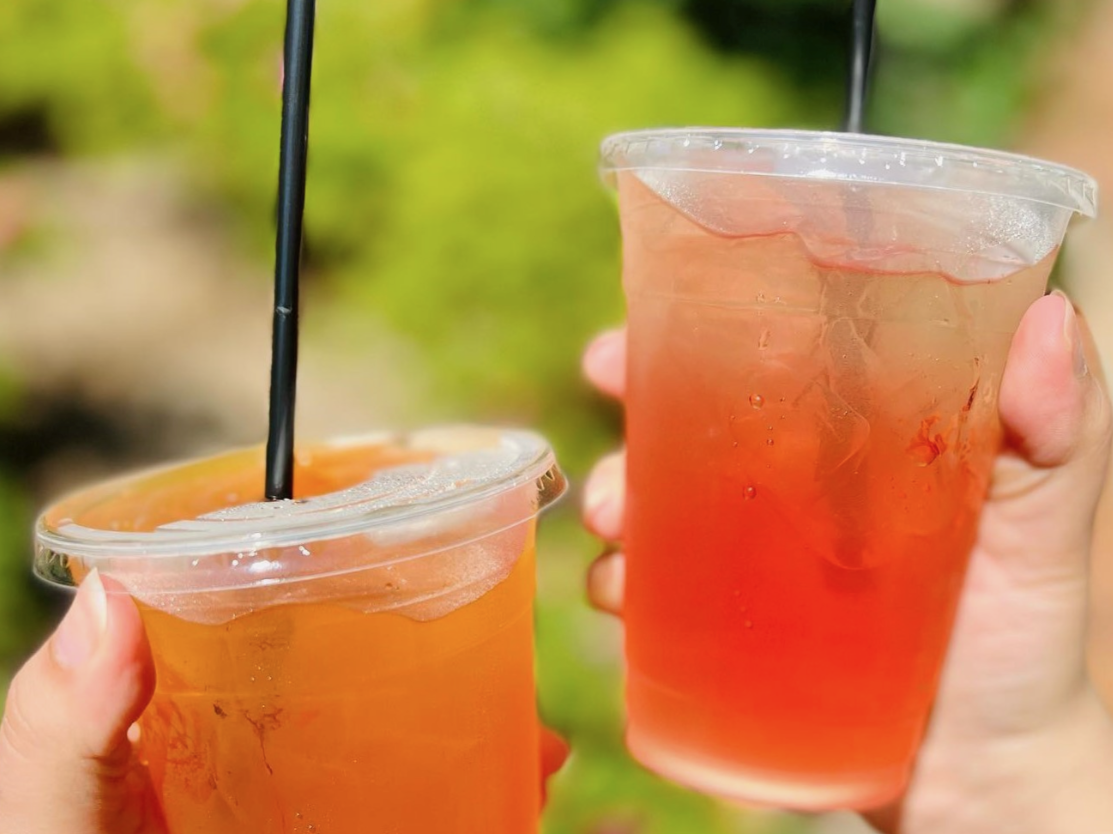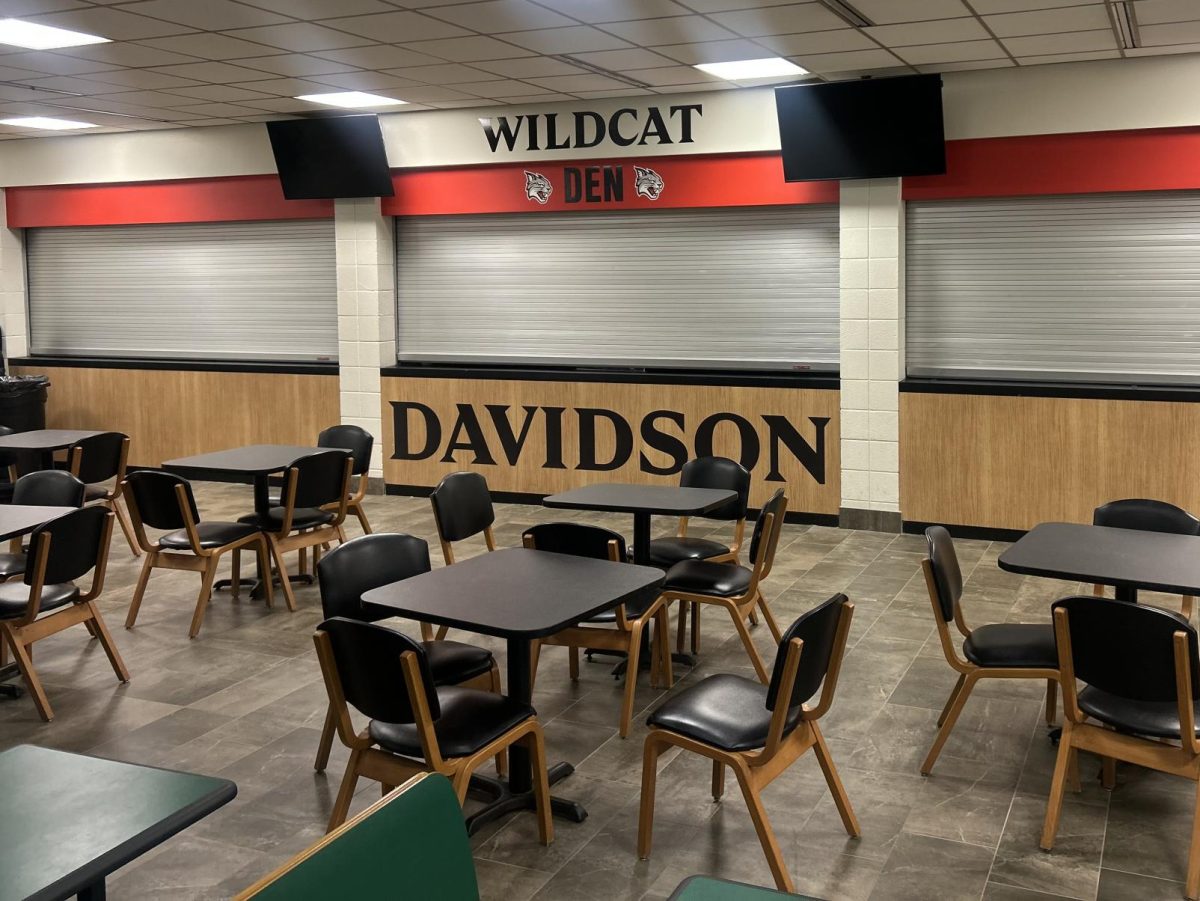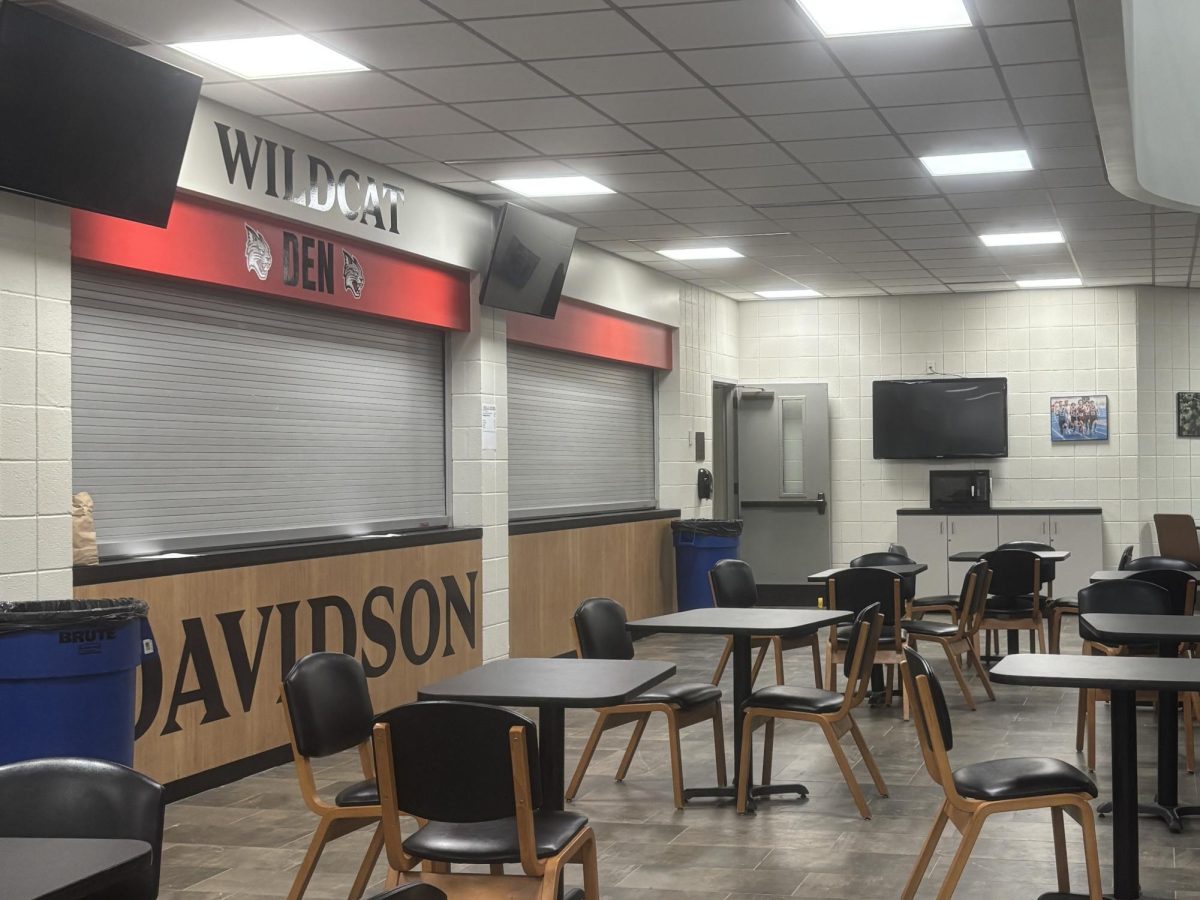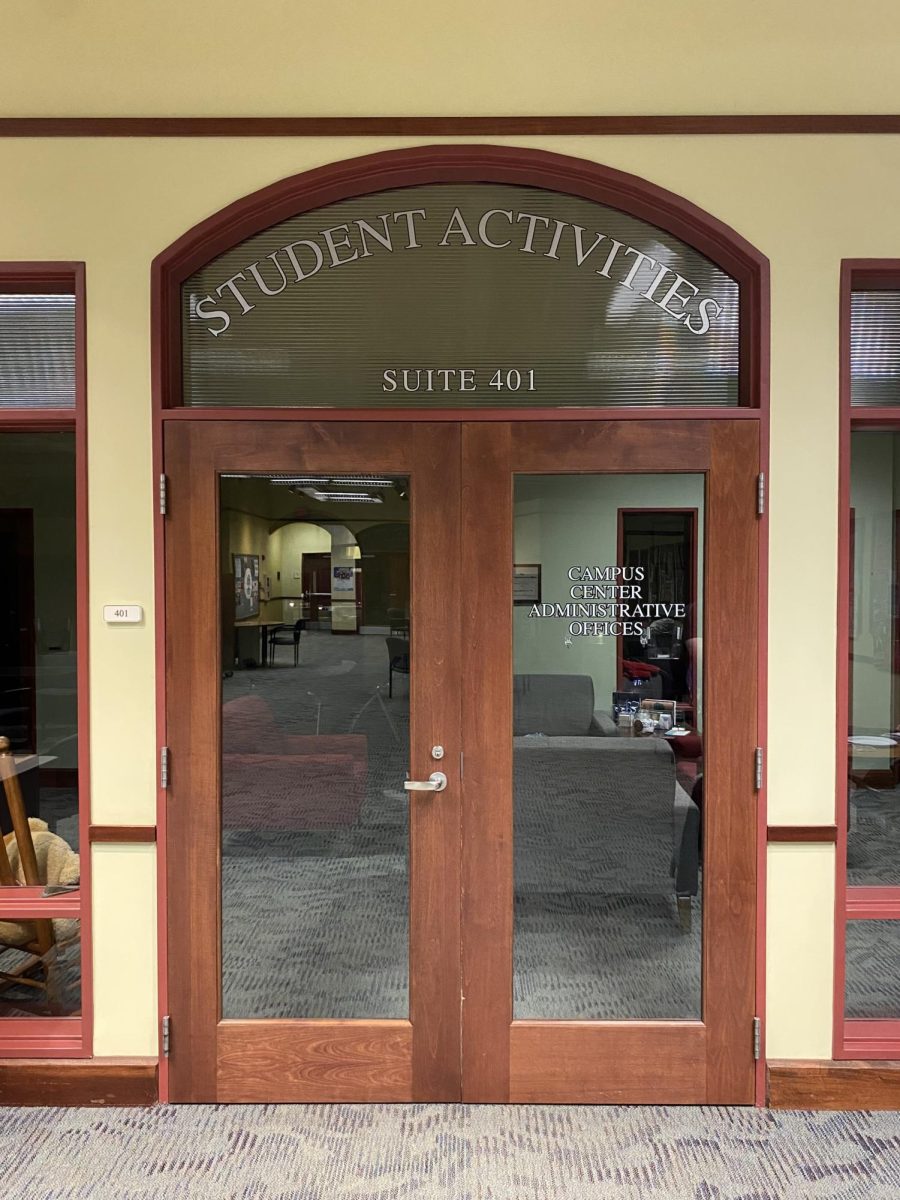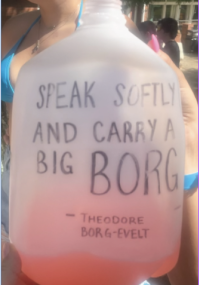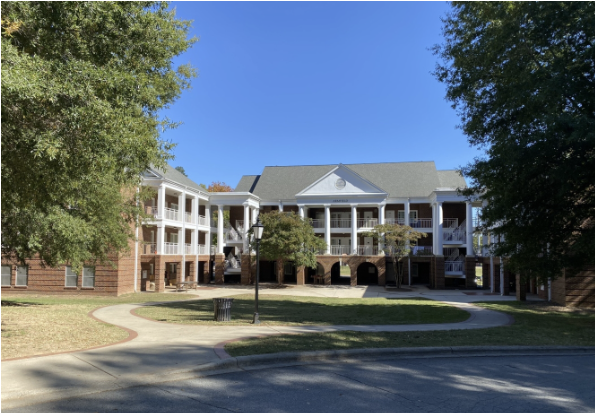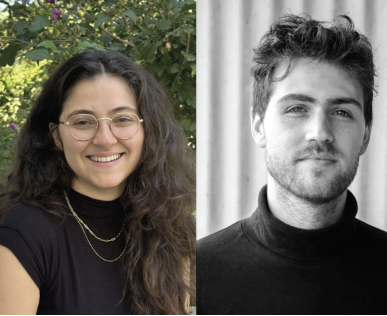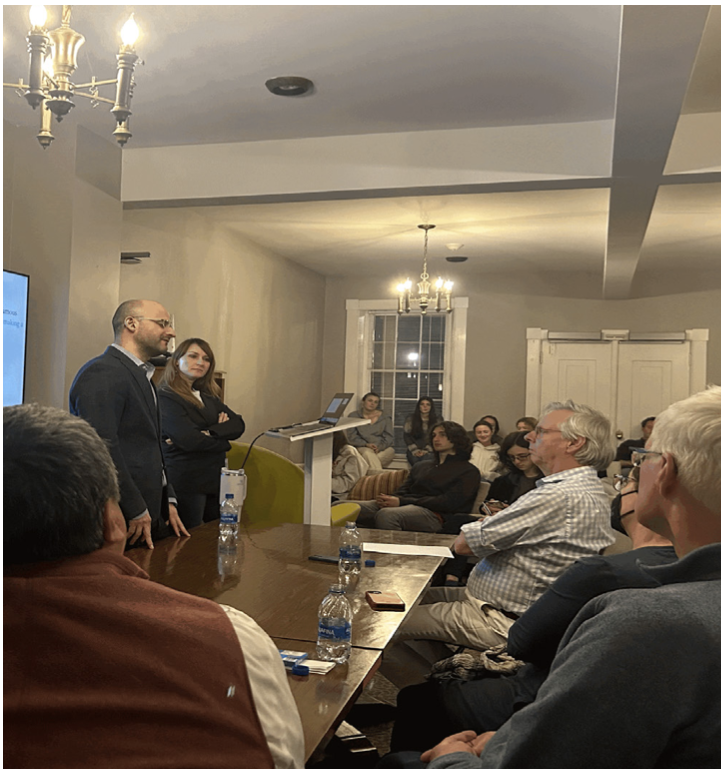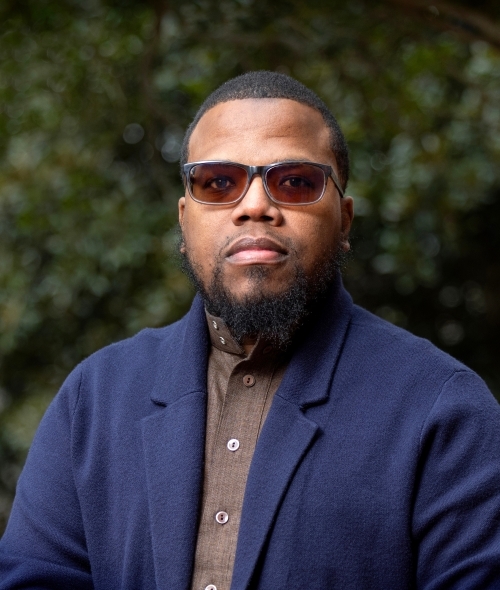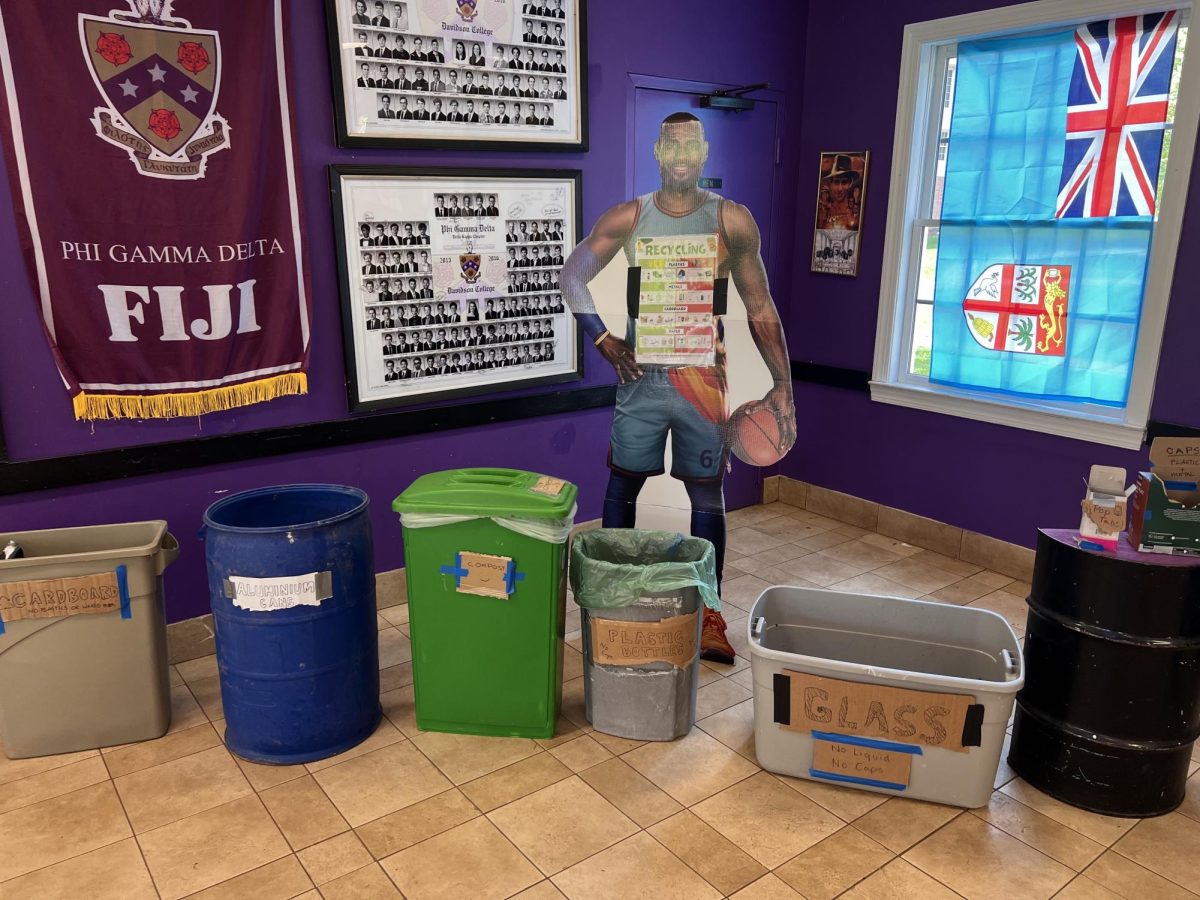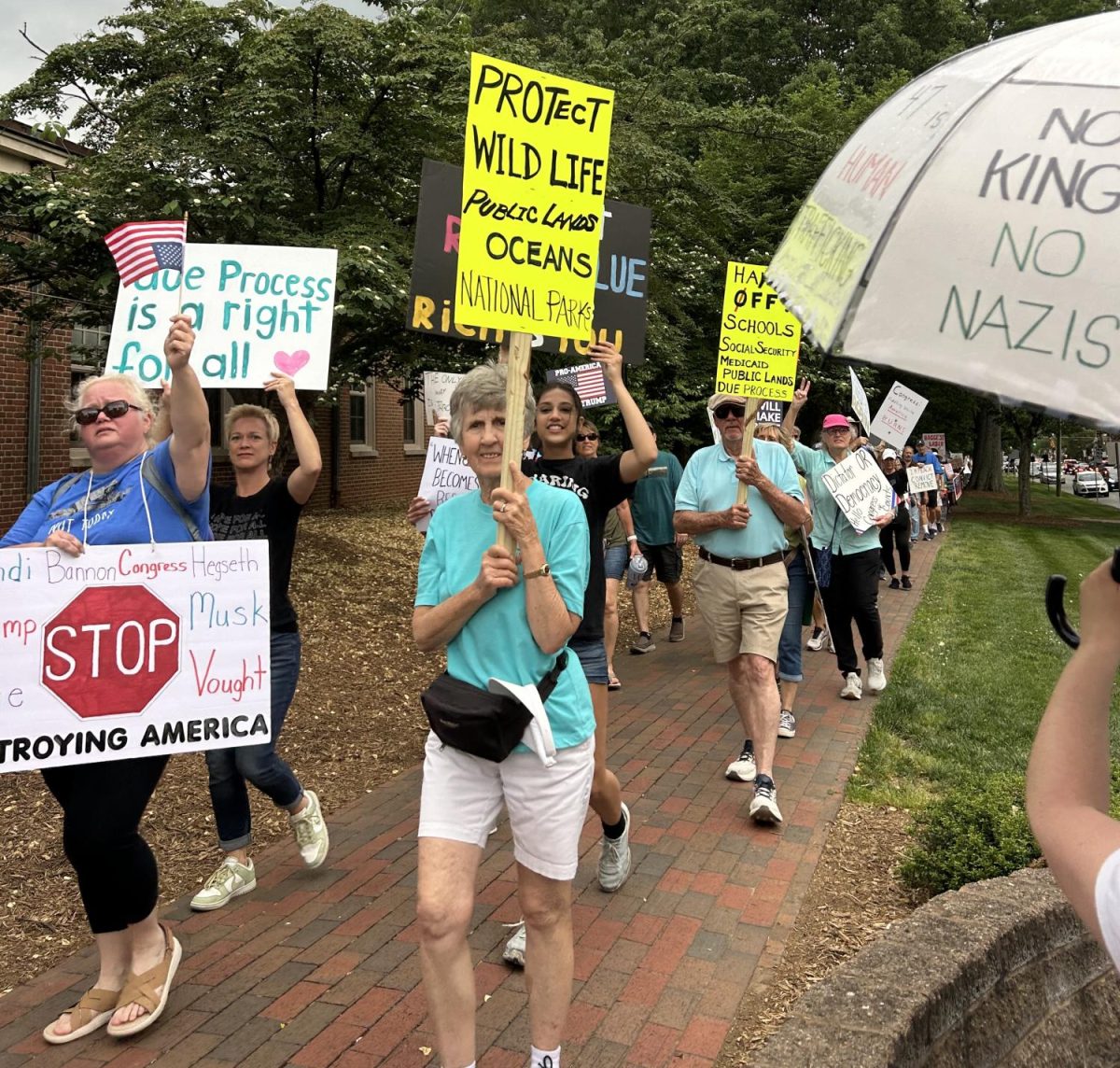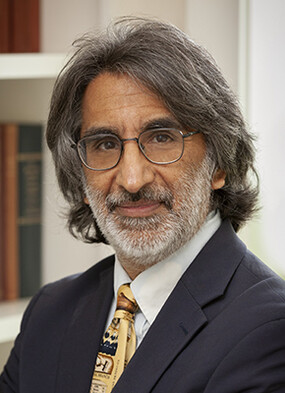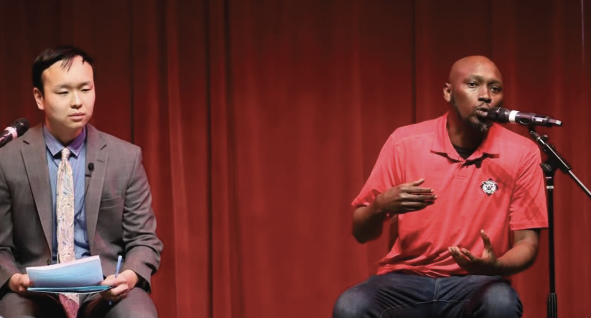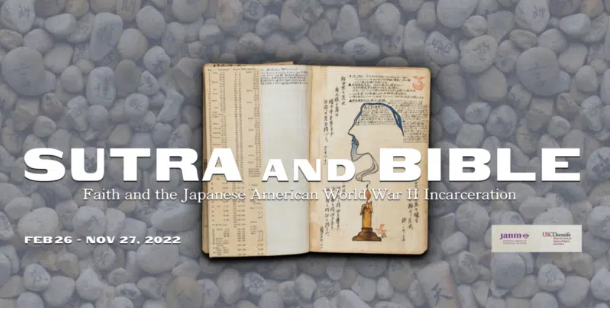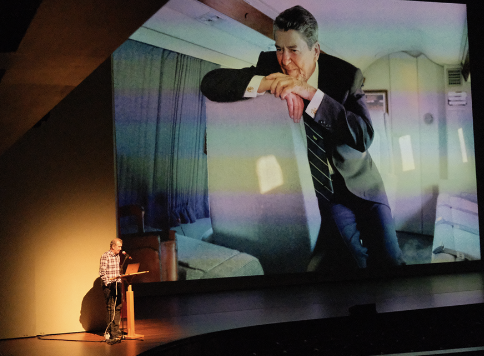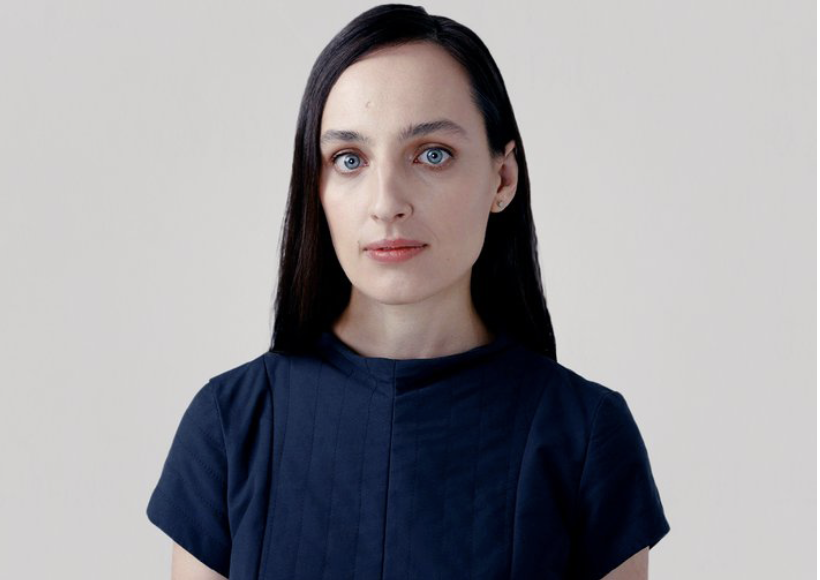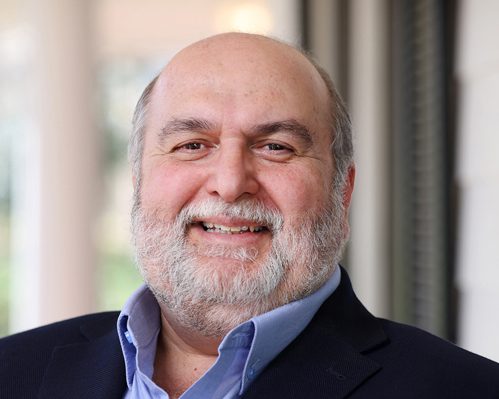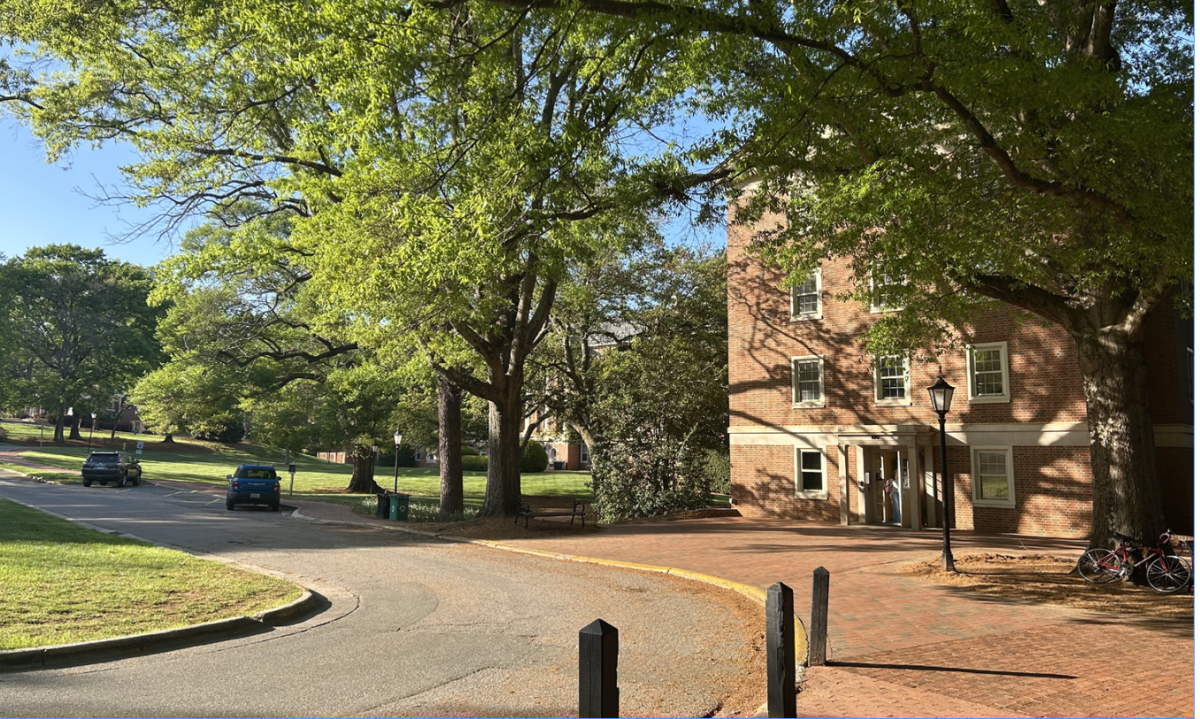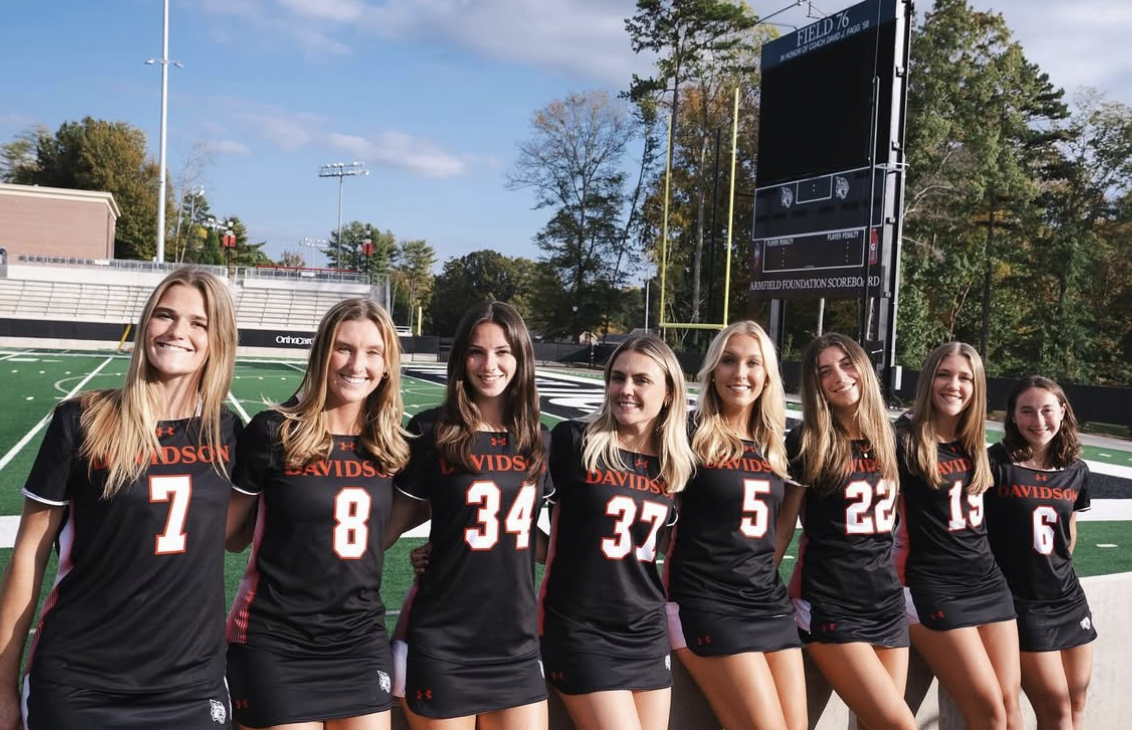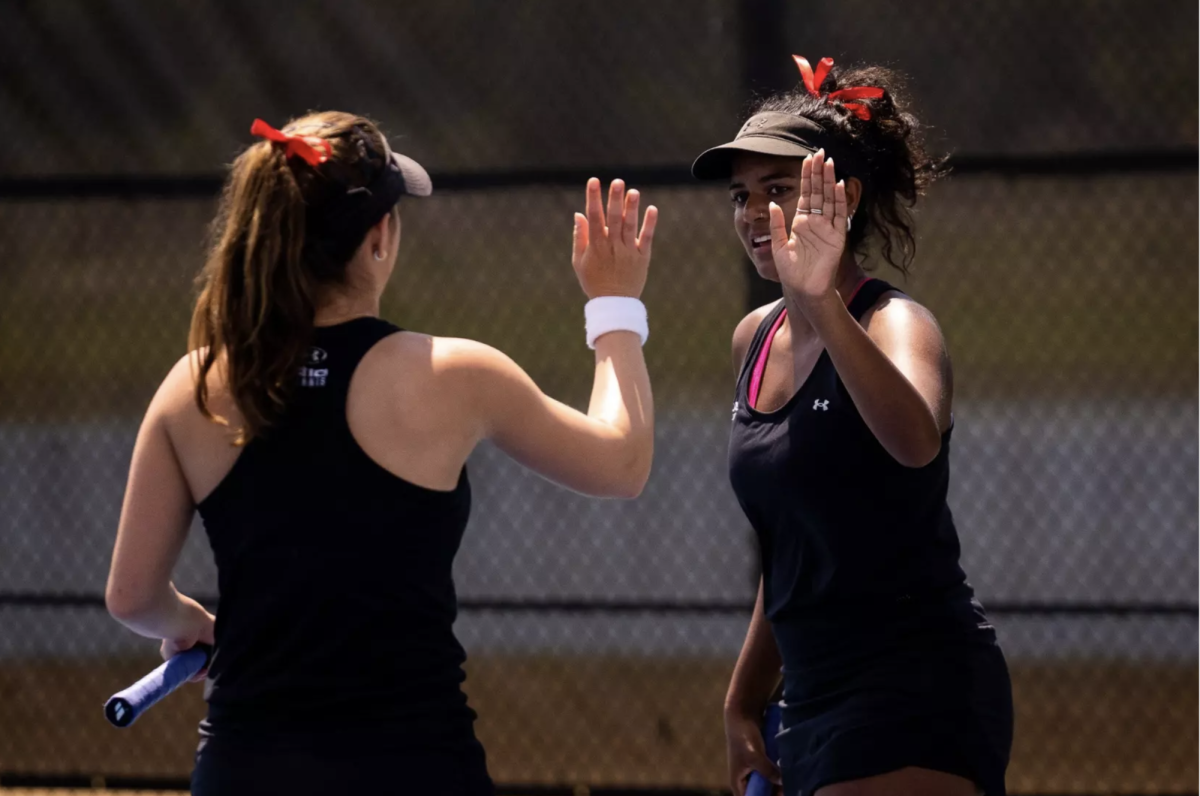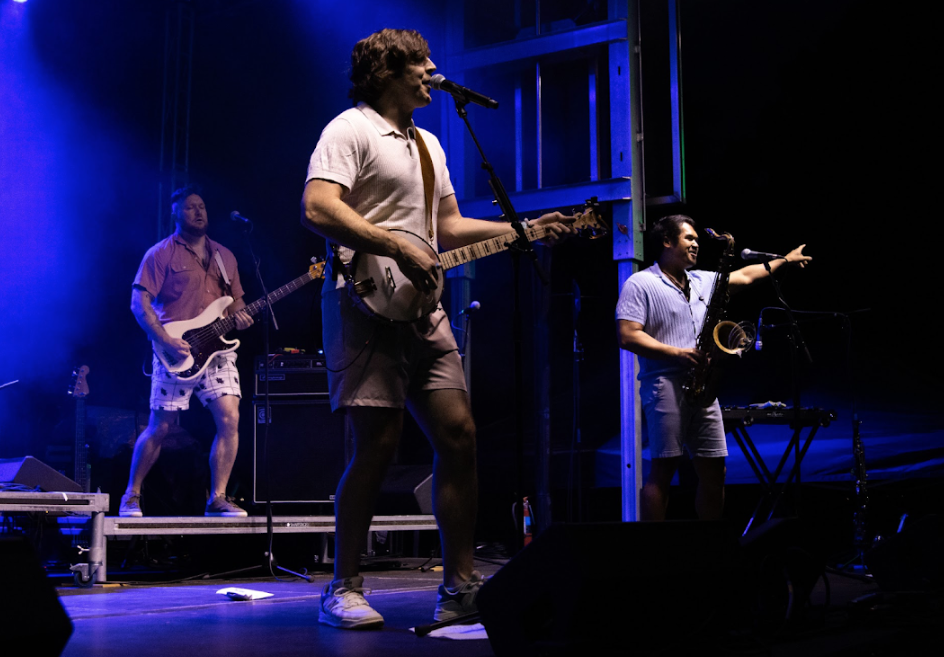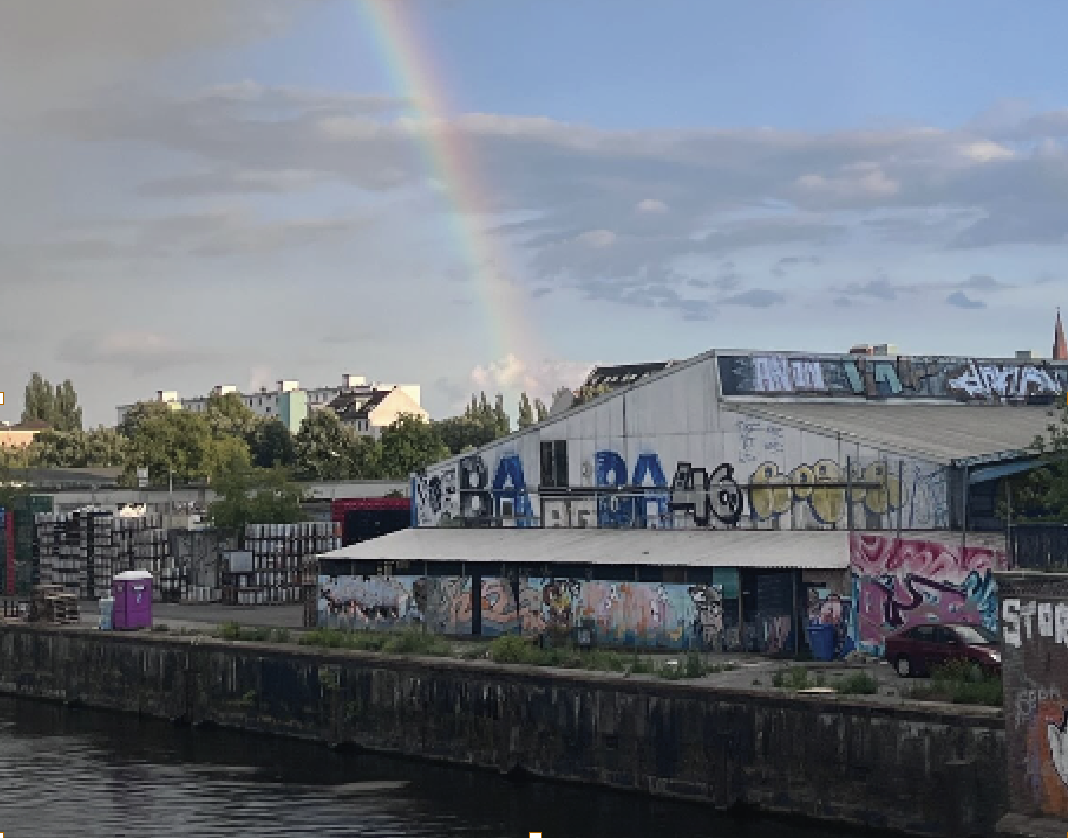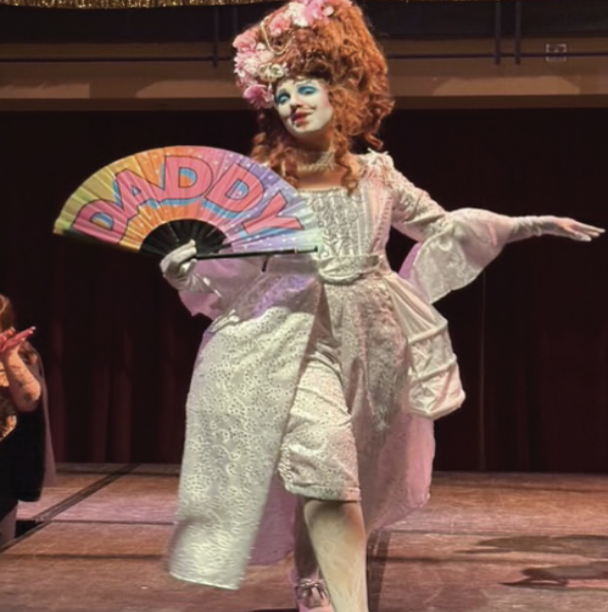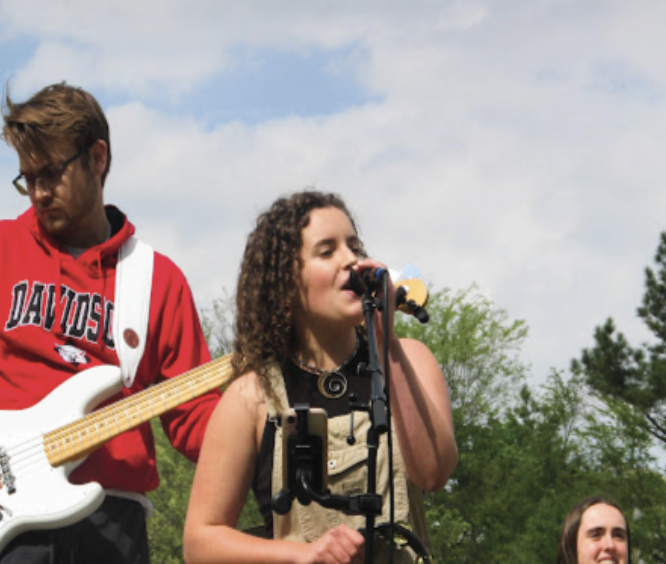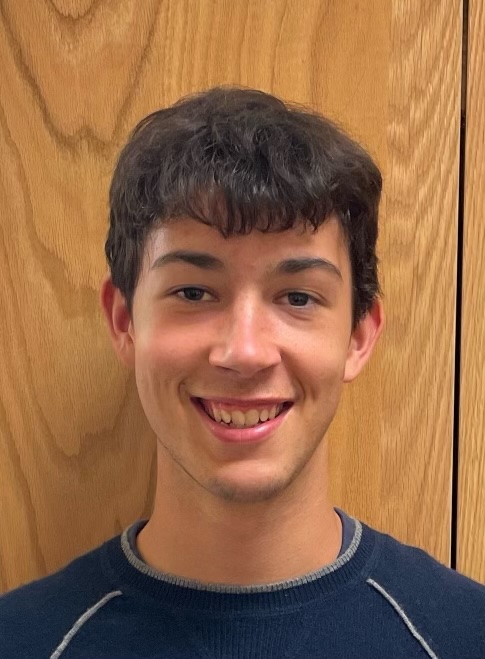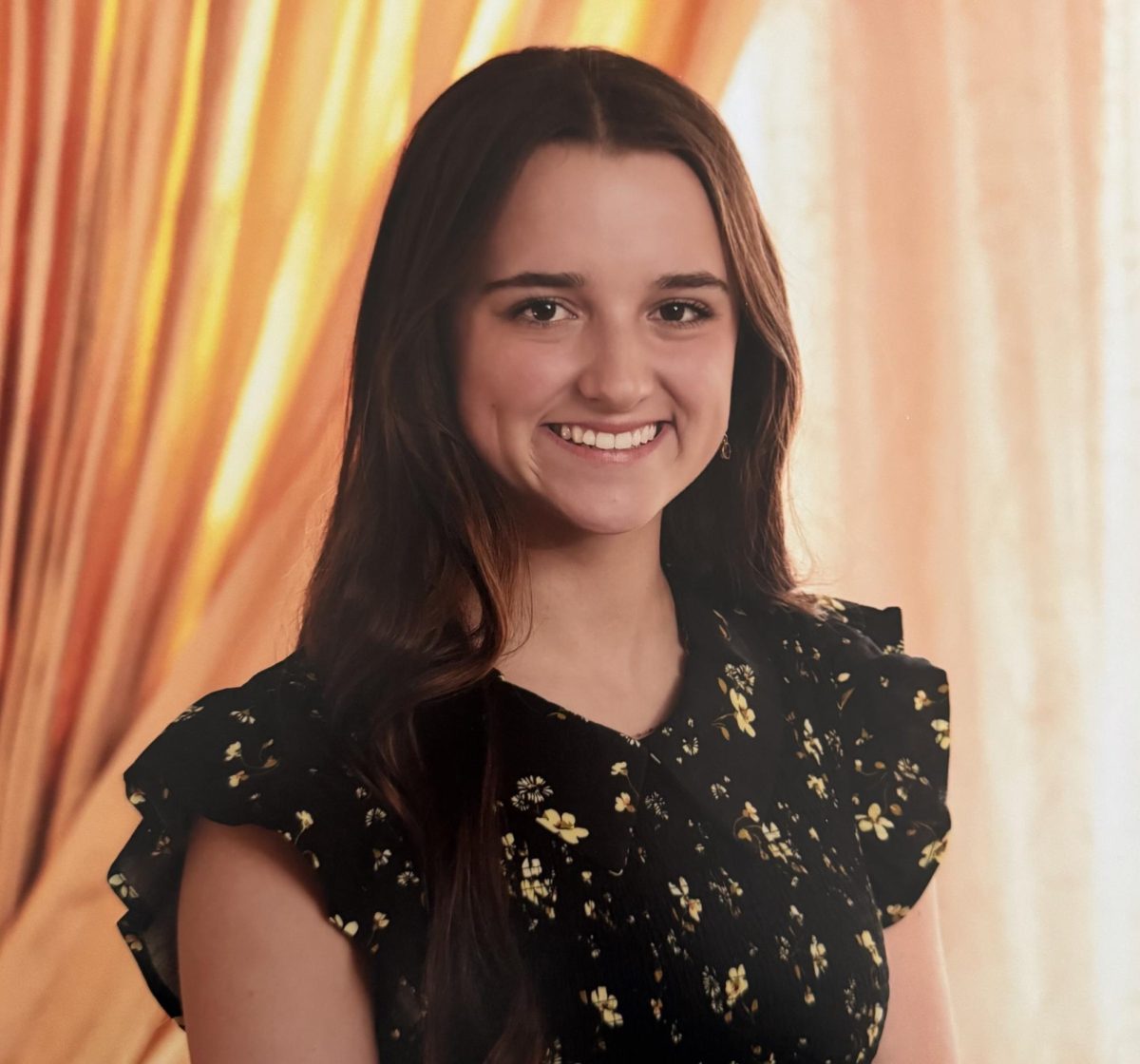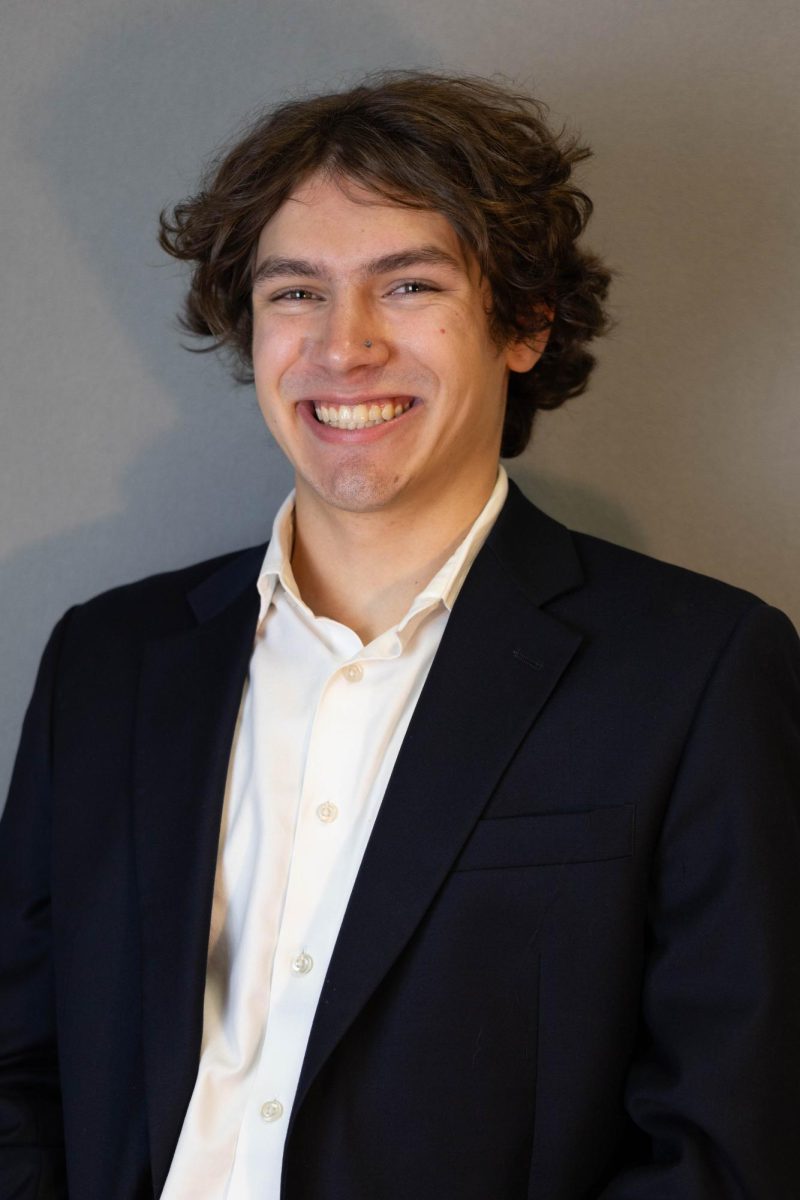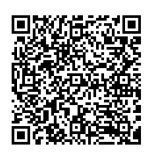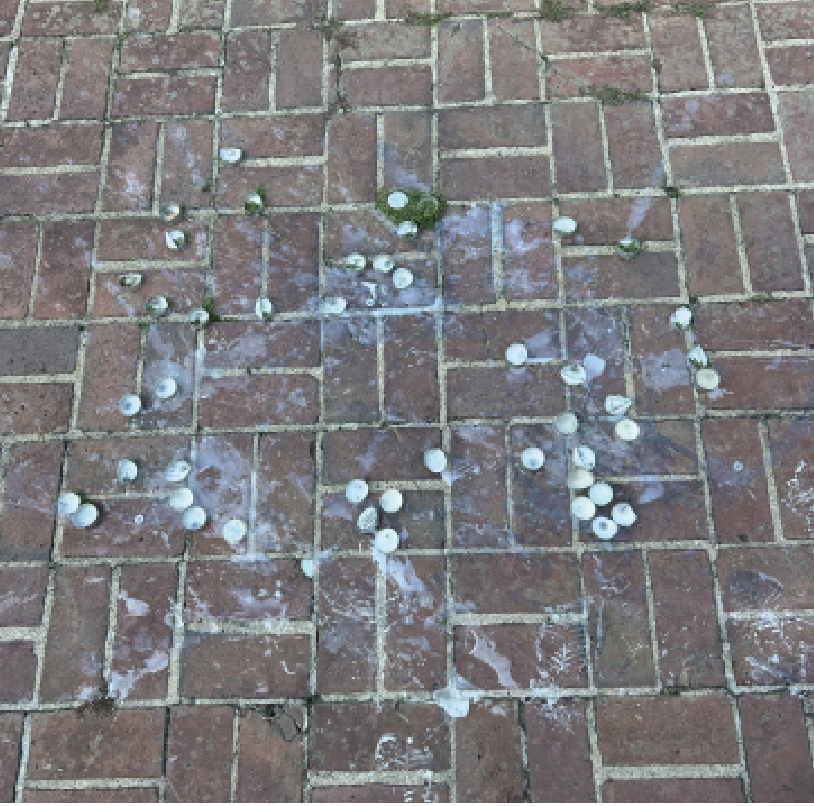This past Monday, October 7th, signified the one year anniversary of the most recent Israel-Palestine conflict. On October 7th, 2023, Palestinian terrorist organization Hamas attacked Israel in what was the deadliest attack in the country’s history. This resulted in the death of nearly 1,200 Israeli people, and 250 hostages were taken by Hamas. Since then, Israel has relentlessly counterattacked, with over 40,000 Palestinians killed and over 95,000 wounded.
To commemorate what has been a traumatic year for so many, the Jewish Student Union (JSU), co-sponsored by the Chaplains’ Office, held a vigil on Monday night in front of Chambers. As the sun set on a peaceful evening, students and community members alike gathered on the lawn in solidarity. Rabbi Becca Diamond introduced the ceremony, emphasizing the importance of supporting one another. “This is a prayer space. It’s a space to mourn. It’s a space to support each other, and it’s a space of comfort,” she stated.
Following Rabbi Diamond, Ilana Rapaport ‘25, who was studying in Israel at the time of the October 7th attack, shared what her experience was like. Rapaport, who was not physically present, described how the events unfolded. “The attack began at the Nova Music Festival, an open air gathering in southern Israel where thousands of young adults came together to celebrate peace and life. […] Hamas gunmen descended on the festival from trucks and paragliders. Civilians, most in their twenties, were hunted for hours, facing relentless gunfire and grenades.”
Rapaport visited Kfar Aza, an agricultural settlement known as a kibbutz, shortly after with a family friend. “For me, visiting Kfar Aza last fall was like stepping into a nightmare, one that refuses to fade even after you leave. The air was thick with the scent of ash, and everywhere I turned there was blood red. Circles were […] spray painted on the walls of homes-—silent, brutal markers that someone had died inside. Each circle told a story of a life cut short, a family torn apart,” she said in her speech.
Soon after, Spencer Wolff ‘25 led the crowd in the “Mourner’s Kaddish,” a Jewish memorial prayer. Ephi Light ‘25 then recalled the story of Hersh Goldberg-Polin. Goldberg-Polin, a 23-year-old Israeli man, was kidnapped by Hamas at the Nova Music Festival. His body was found this past August, after almost eleven months in captivity.
Light described the bravery of this young man, who lost his arm helping others in a bomb shelter he sought refuge in before he was kidnapped. “When Hamas terrorists started throwing grenades into the shelter packed with bodies, Hersh and his best friend […] picked up live grenades and threw them back out, giving the twenty-nine people crammed into that tiny space a chance. That’s who Hersh was,” Light stated.
“It goes without saying that this year has not been easy. […] It has been a year of endless mourning, a year in which prayer has taken on a whole new meaning,” Light continued. “It’s been a lonely year too. […] A year of watching some friends turn a blind eye to the Hamas massacre, even celebrating it as justified resistance; friends who do not have the moral courage to envision a peace for Israelis and Palestinians that involves neither the brutal killing of my people nor the daily horrors of this war; friends whose one-sided cries for justice ring hollow because look at what happened to Hersh. Look at what we let happen to Hersh.”
Students Alexa Cohen ‘27, Dalia Madanick ‘27, Austin Haussler ‘27, and Hannah Franklin ‘27 then lit candles in memoriam of different Israeli families who lost their lives. As they lit the candles that outlined the Star of David, they encouraged onlookers to do the same.
Throughout the past year, October 7th has lived in infamy with regards to anti-semitism. But the day was also the start of the state of Israel’s persistent violence against Palestinian people. As the death toll of the men, women, and children who have died as a result of this conflict grows, members of the Davidson community must grapple with the realities that come with it, especially as it pertains to supporting students who are personally affected by it.
Clyde Dwyer ‘25 is a pro-Palestinian Jewish student and JSU member. “After October 7th, I thought really long and hard about my relationship to Israel. […] I think you can have a deeply critical perspective on the Israeli state while still holding firm in your Jewish faith.”
Dwyer wants to see more institutional support for the conflict. “I think the [Davidson] administration in general is much more inclined to be less friendly to pro-Palestinian voices than pro-Israel voices, just because being pro-Israel is the dominant narrative amongst institutions in America. […] If [President] Doug Hicks, if Davidson are advocating for ideas of community, trust, critical thinking and whatnot, I think we need to deeply examine the college’s position.”
Dwyer holds an optimistic outlook on how students can continue to advocate for their beliefs. “I think I get this sense when it comes to a lot of issues that don’t directly connect to campus life […] there’s this feeling of disillusionment, like it’s far away. [There’s this feeling] nothing we say on campus matters, nothing we protest, nothing we organize around matters. But […] I firmly believe that any sort of collective action starts [with] the indiviual, […] and then from there a community, and from there even more,” Dwyer asserted. “Avoid apathy, avoid disillusionment, and pursue what is just and what is right.”
Chief Equity and Inclusion Officer, Associate Professor of Hispanic Studies, and Core Faculty in Gender & Sexuality Studies and Latin American Studies Dr. Melissa González gave insight into how this conflict plays out in the lives of students on campus. Dr. González has been an ally and an advocate for many students across various organizations throughout the past year.
“I cannot think of these deaths without thinking of the Israeli deaths, the Palestinian […] deaths that happened every day of the past year, and then also connecting that to larger patterns of death, violence, murder, terrorism, imprisonment, torture,” she stated.
Yet, Dr. González emphasized the power and duty that Davidson students have to continue to educate themselves. “My hope is that students will continue to build on some of their strengths and accomplishments in terms of really considering the issues–carefully picking out misinformation from good information or better information, and also just grappling with the complexities,” she stated.
Dr. González acknowledged that this has been a difficult year for students, whether they are directly involved in the conflict or not, and that October 7th should be a day that allows people to hold space for grief. “Everybody has grief, and so I think that coming together to share each other’s grief […] is the most helpful thing.”
While Dwyer agrees that reflection is important, he doesn’t think Davidson should stand idle. “If [Davidson’s] objective is to create young leaders of the world, then we should as a school act like it.”

